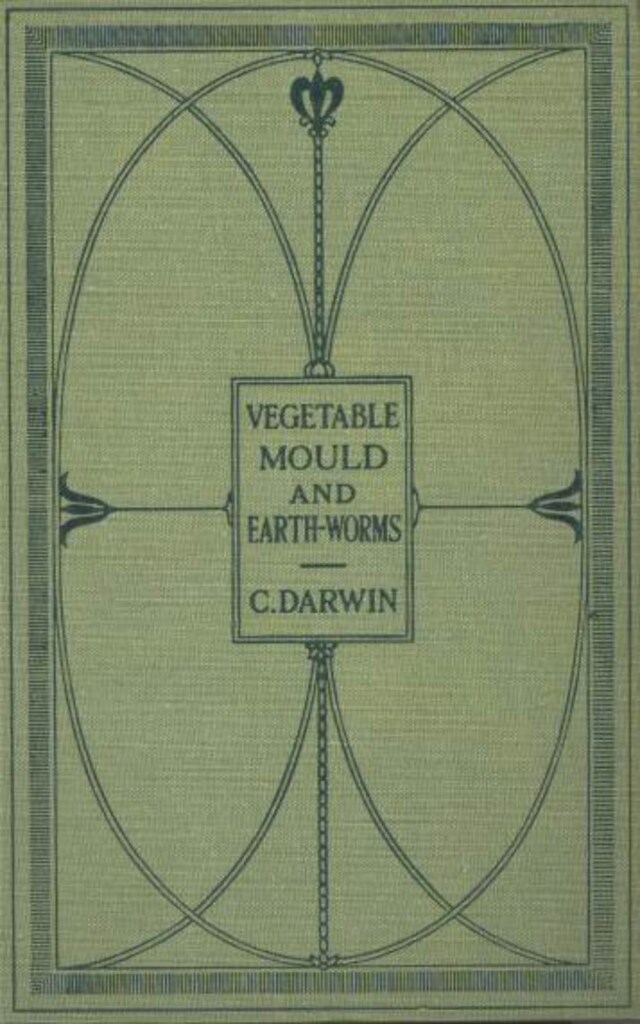
The Formation of Vegetable Mould Through the Actth Observations on Their Habits
Buchbeschreibung
The share which worms have taken in the formation of the layer of vegetable mould, which covers the whole surface of the land in every moderately humid country, is the subject of the present volume.This mould is generally of a blackish colour and a few inches in thickness.In different districts it differs but little in appearance, although it may rest on various subsoils.The uniform fineness of the particles of which it is composed is one of its chief characteristic features; and this may be well observed in any gravelly country, where a recently-ploughed field immediately adjoins one which has long remained undisturbed for pasture, and where the vegetable mould is exposed on the sides of a ditch or hole.The subject may appear an insignificant one, but we shall see that it possesses some interest; and the maxim "de minimis non curat lex," does not apply to science.Even Élie de Beaumont, who generally undervalues small agencies and their accumulated effects, remarks:"La couche très-mince de la terre végétale est un monument d'une haute antiquité, et, par le fait de sa permanence, un objet digne d'occuper le géologue, et capable de lui fournir des remarques intéressantes."Although the superficial layer of vegetable mould as a whole no doubt is of the highest antiquity, yet in regard to its permanence, we shall hereafter see reason to believe that its component particles are in most cases removed at not a very slow rate, and are replaced by others due to the disintegration of the underlying materials. As I was led to keep in my study during many months worms in pots filled with earth, I became interested in them, and wished to learn how far they acted consciously, and how much mental power they displayed.I was the more desirous to learn something on this head, as few observations of this kind have been made, as far as I know, on animals so low in the scale of organization and so poorly provided with sense-organs, as are earth-worms... Charles Darwin
 Charles Darwin
Charles Darwin 206 Seiten
206 Seiten